When Eliza Hull first told her neurologist that she was considering having children, his reaction confused her. She had come to his office that day full of excitement, deeply in love with her now-husband, Karl, and thrilled by the possibility of starting a family.
Hull has a lifelong neurological condition, called Charcot-Marie-Tooth, which makes walking difficult and causes her pain and fatigue. But the doctor also knew that Hull had a successful, independent life as a musician and songwriter. She thought he’d be pleased for her, or at least offer some reassuring words of support.
Instead, he greeted the news with a stern stare and a long, painful silence. Then, questions. Had she considered her options? Had she thought about genetic counselling? Did she think she’d be able to manage?
“I was feeling elated and in love, and excited about the prospect of having children,” she says. “I was met with someone telling me it wasn’t a good idea, that I wasn’t somebody who ought to have children. I was overcome with shame.”
This was the first indication that having a child when you have a disability would be what Hull describes in her new book as a “rebellious act”. Not only would she have to quell her own doubts and fears, but also those of a medical profession that could be quick to make assumptions about disabled women’s ability to parent.
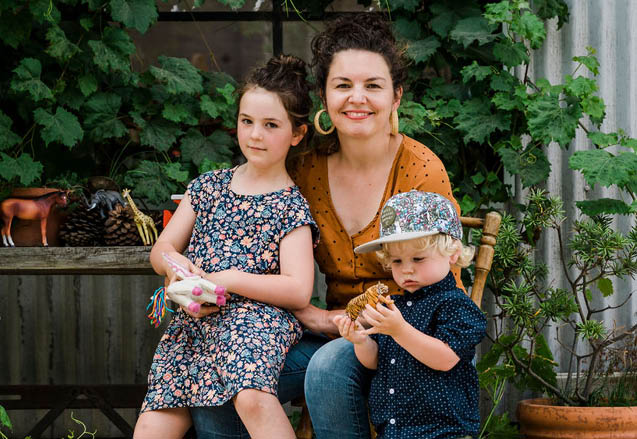
“Really, when you look at it, there’s no risk for me in having children,” she says. “But there’s an assumption that you can’t be a good parent, because of long-held beliefs about what a person with a disability can and can’t do.”
More than 15 per cent of Australian households have a parent with a disability, but in popular culture you’d be forgiven for thinking that they don’t exist. There are very few representations of disabled families on TV or in movies; in the stacks of parenting books Hull consulted when she did fall pregnant seven years ago, there were no mothers like her. “I felt incredibly alone,” she says.
So, she started to look for other disabled people, all over the world, who were parents. Slowly, she gathered the threads of a community of parents who felt ignored and lonely in their decision to have children. From there, Hull created an audio series, We’ve Got This, which saw her interview parents with disabilities who’d each devised their own unique way of parenting, just as we all do. And now, she has compiled some of these stories, and others, into a book of the same name.
We’ve Got This is the anthology of creative parenting that Hull was looking for all those years ago. “Because people with disabilities have been creative their whole lives,” she says. “You’re always problem-solving – every time I approach an unfamiliar building, I have to think of how I’m going to get into it. You have to be creative and flexible.”
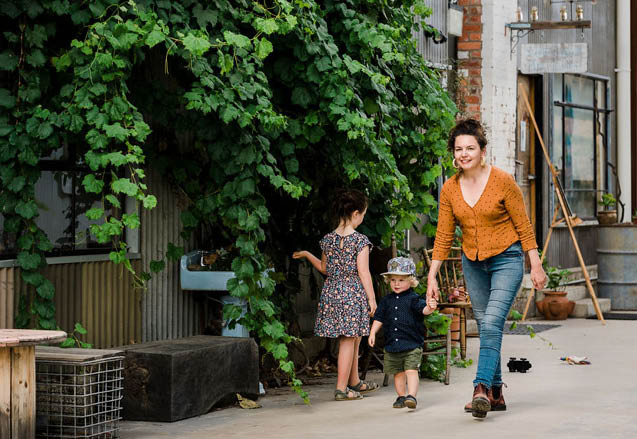
For the audio series, Hull interviewed two parents, Emma and Vaughn Bennison, who were blind – so they put bells on their children’s shoes so they could hear where they were in the house. In the book, another father, Ben, who is blind, describes the difficulty of measuring out formula milk in the middle of the night when you’re also sleep deprived. “When you’re blind, getting the formula into a bottle is easy, but how do you measure 30-40 millilitres of hot water?” After exhausting several strategies, including using veterinary syringes, he discovered the Tommee Tippee bottle preparation machine. “It was an absolute saviour,” he says.
The family also has a pram that can be pulled along rather than pushed, so Ben can use his white cane to check for obstacles and his wife, Leah, who’s deaf and functionally blind, can walk with her guide dog, Lisa.
“A lot of people in the general community don’t know what it’s like being disabled,” says Leah. “They can’t imagine how you live day to day, let alone how you would look after a child. With the pram behind me and Lisa in front, I’m demonstrating how you solve a problem they might not have even considered.”
One of the most common threads running through these stories is the discrimination disabled parents face in the medical system, says Hull. “So a lot of parents, when they went for the pregnancy ultrasound, were asked if they wanted to screen for their disability, or if they were worried they were going to pass on their disability.
“One parent, who’s deaf, told me that the nurse at their baby’s hearing test congratulated them that their child wasn’t deaf. That can feel really hurtful. When a blind couple were in hospital with their newborn, a social worker was called straightaway because of concern they couldn’t care for their child.”
A lot of parents were asked if they wanted to screen for their disability
Of course, adds Hull, there are some cases where it isn’t safe for a child to remain with its parents, but that’s the same for non-disabled people, too. “I think we need to challenge assumptions in the medical community, through education, and start to change attitudes through better representation, in movies, TV and books like We’ve Got This. If we have positive representation of disability, attitudes start to shift and change happens.”
Hull now has two children – Isobel, 6, and Archie, nearly 2 – and her life is busier than ever. In two weeks’ time, she flies to the US for SXSW Festival in Austin, Texas, and will be touring again later this year. Like other parents, she has adapted to accommodate her disability in everyday life, sliding down the stairs on her bottom with Archie and developing her own, unique way of getting him in and out of the car (it involves a lot of crouching, sliding and pushing). Through writing her book, she has become more accepting of herself.
“I don’t apologise any more. When someone stares at me, at the way I walk or the way I get my child out of the car, I don’t feel shame,” she says. “I don’t see my disability as a deficit.
“Ultimately, having a disability has been a positive thing for my life. And I truly believe that diversity makes the world beautiful.”
We’ve Got This (Black Inc, $32.99) is out next Tuesday, March 1




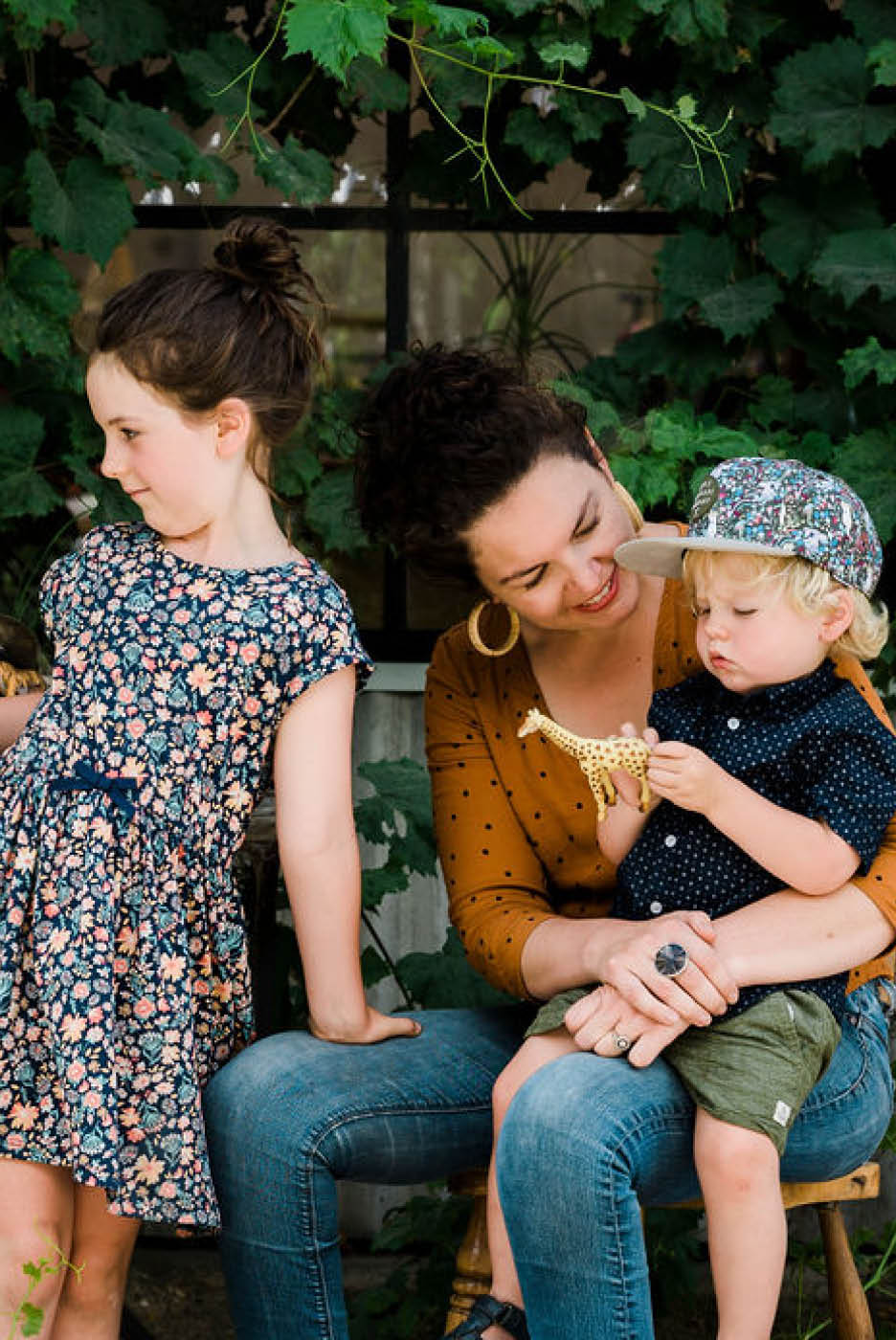
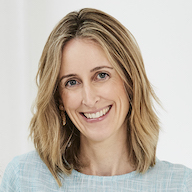


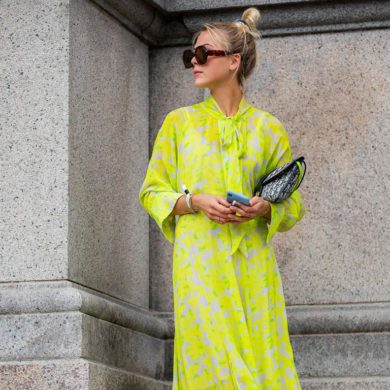
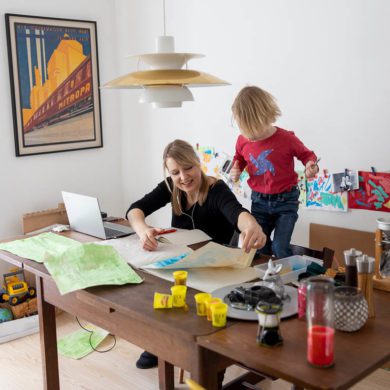
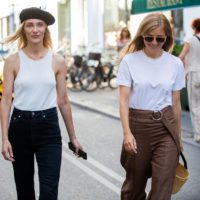
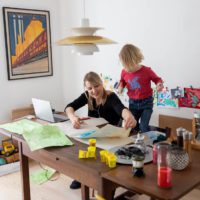
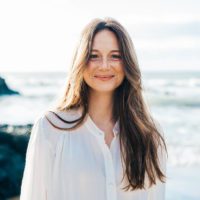
No Comments